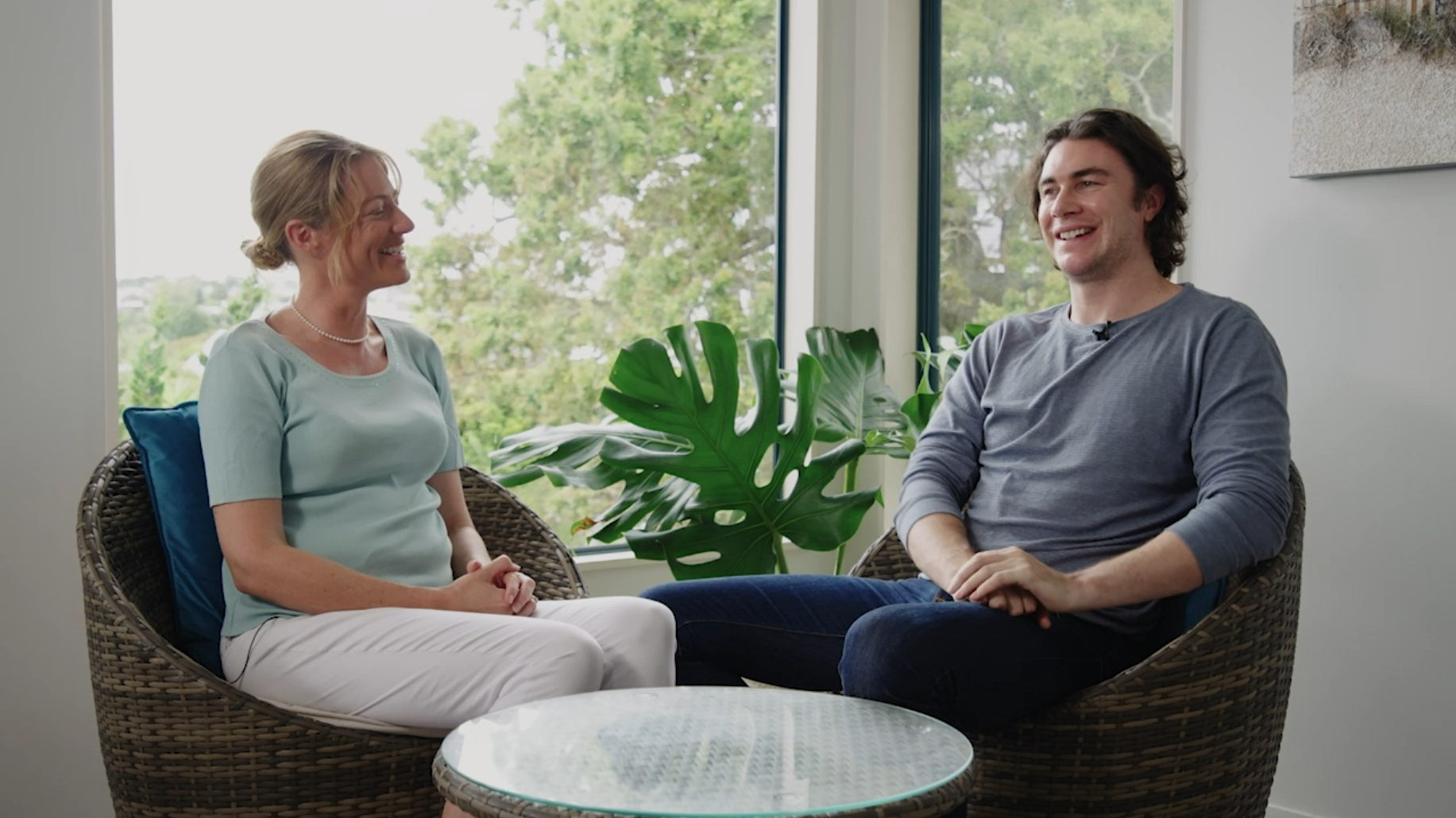
What Causes Insomnia?


Bad sleep can leave you feeling drained all day long and worrying about the next bad night’s sleep to come. I had a huge sleep problem from age 5 till age 29. I felt exhausted all day, but the nearer I got to bedtime, the more wide awake I felt. Now, I thoroughly enjoy sleep! And I thoroughly enjoy helping other people resolve their sleep problems too!

When you are stuck in the stress response, you have very elevated blood cortisol levels and adrenaline. These hormones prevent you from going to sleep. You may also have developed faulty thinking patterns and beliefs that exacerbate your sleep problems. Your sleep problems may be the result of traumatic experiences that have happened when you were asleep or trying to sleep. Another cause is lifestyle – caffeine, computer use, rushing late at night… are all things that we know do not help sleep…

I offer a four day course called The Switch, which takes place in a small group of eight people. You will learn about how your mind and body work, the role of stress in sleep disorders, which thinking and behaviour patterns are exacerbating your sleep problems, which situations from your past might be causing your current sleep problems and which aspects of your lifestyle need to be changed to improve your sleep. For each of these topics, you learn techniques that you can use yourself to fix these patterns. I do not fix anybody – I teach you how to fix yourself. I have seen fantastic results for many people who had spent years as an insomniac. One lady reported that she normally takes 8 sleeping pills a night and still “doesn’t sleep at all”, and yet on the night of Day 2 of The Switch, she only took 3.5 pills and slept for 11 hours.

Sign up for The Switch® full programme!
60% of people aged 13 to 64 years old say that they experience a sleep problem every night or almost every night (National Sleep Foundation poll, 2011). There are environmental factors that have been identified through well-being research to improve sleep:
If these suggestions fix your sleep problems – FANTASTIC!
If these very simple interventions are not enough for you, that’s OK. Come to Empower Therapies for far more strategies and techniques to rewire your neural pathways and remove your blocks to sleeping.

* Disclaimer: Mel Abbott is not a medically trained doctor. She is trained in psychology and neuro-linguistic programming. She uses mind-body interventions to help calm the stress response and allow natural healing to occur in the body. This can be used alongside mainstream treatments if you choose. She does not offer diagnoses or medication advice. She recommends that clients return to their doctors after her treatment to confirm that they no longer have their condition and to be advised about safe weaning from their medication.
Mel does careful assessments prior to the programme and only offers places to people whom she thinks would benefit from it. She follows up with all her clients at several junctions after their course and collates the data from their feedback forms to produce the statistics on this website. She is therefore confident that her interventions are helping over 80% of her clients to achieve significant improvements to their health. While many clients report that they have made a full recovery, Mel cannot guarantee this outcome. So far there are no independent research studies or peer reviewed journal articles about The Switch®, though she would welcome such studies to take place.
Sign up here to receive your free info starter pack, and to receive 4-5 newsletters per year with inspiring stories, techniques to use on yourself, and event updates. Every email has an unsubscribe button, which will remove you from our database.


